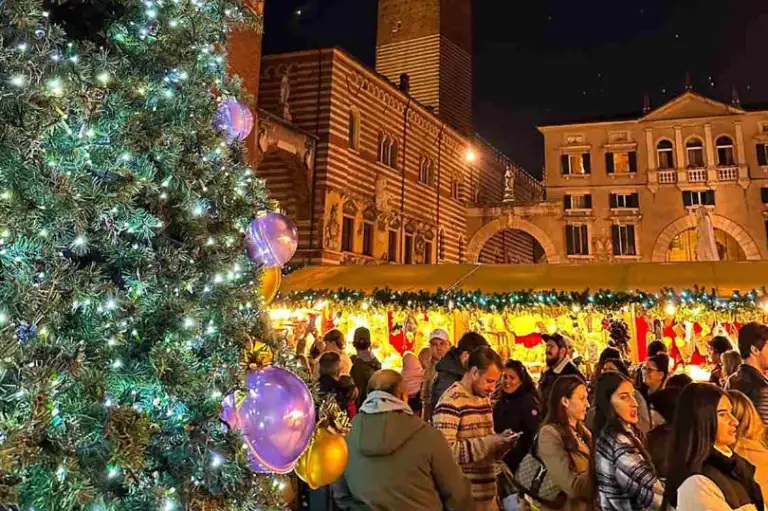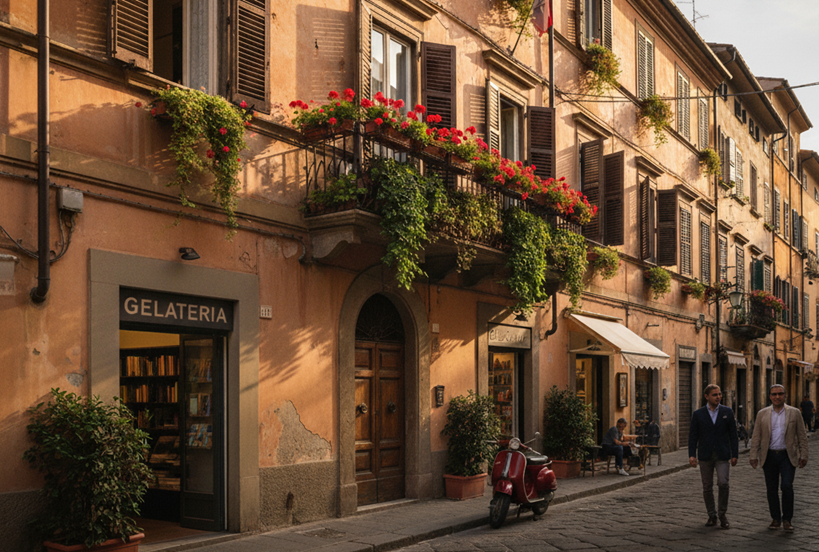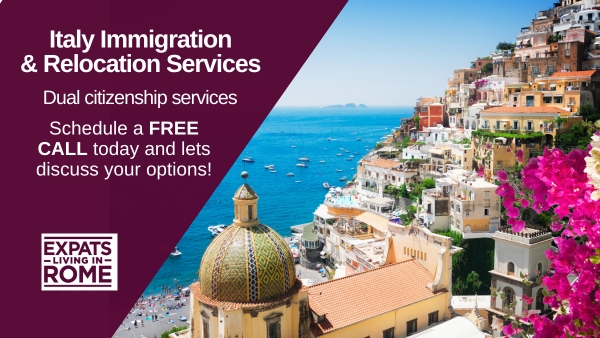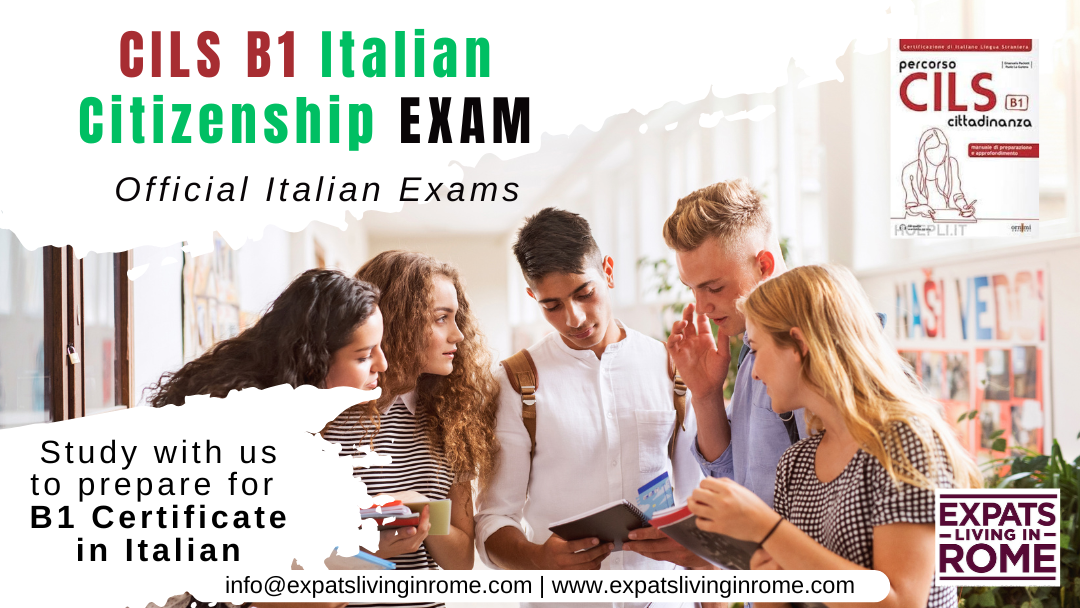How to Get the Digital Nomad Visa for Italy in 2025 – The Freelancers’ Guide
by Adriana ruiz
If you’ve ever imagined writing emails from a sunny terrace in Sicily or taking Zoom calls from a café in Rome, here’s everything you need to know about the Italian Digital Nomad Visa in 2025.
What Is the Digital Nomad Visa?
The Digital Nomad Visa is a long-stay visa (Type D) that allows non-EU citizens to live in Italy while working remotely for a foreign company or managing freelance contracts abroad. It’s part of Italy’s effort to attract international talent while supporting local economies, especially in smaller or lesser-known regions.
This visa is not tied to Italian clients or employers, which makes it ideal for:
▪ Freelancers
▪ Remote employees
▪ Entrepreneurs with overseas business income
Who Is Eligible?
To qualify for the Digital Nomad Visa, you must:
▪ Be a non-EU citizen
▪ Work remotely (as a freelancer or employee) for a company outside of Italy
▪ Earn at least €28,000/year (subject to updates)
▪ Have proof of remote work (employment contract or freelance agreements)
▪ Provide proof of accommodation in Italy
▪ Have valid health insurance for the duration of your stay
Note: These requirements may vary slightly depending on your consulate and updates to the law.
What Documents Will You Need?
Here is the typical documentation required to apply:
▪ Valid passport (with 6+ months left)
▪ Completed visa application form
▪ Passport-size photos
▪ Proof of income (bank statements, pay stubs, tax returns)
▪ Remote employment or freelance contracts
▪ Health insurance covering your time in Italy
▪ Proof of accommodation ( Lease/Own Property)
Some consulates may ask for more or fewer documents — always check with your local Italian consulate.
How Long Does It Take?
Processing times vary by location, but on average:
▪ Visa processing: 2 – 12 weeks after application
▪ Once approved, you must enter Italy and apply for your Permesso di Soggiorno (residence permit) within 8 days
What’s the Cost?
▪ Visa application fee: ~€116
▪ Permesso di Soggiorno fee: ~€ 70
▪ Health insurance: Depends on age and coverage
Why Choose Italy as a Digital Nomad?
Besides being gorgeous, Italy has:
▪ Affordable cost of living in many regions (Abruzzo, Calabria, Puglia, Umbria)
▪ Excellent healthcare system
▪ World-class food, wine, and culture
▪ Fast, affordable train system for weekend trips
▪ A growing digital nomad and expat community
Step-by-Step Application Guide
1. Check Your Eligibility
Confirm your income level and that your work qualifies as remote.
2. Prepare Your Documents
Gather everything from proof of income to accommodation and insurance.
3. Apply at Your Local Consulate
Submit your application at the Italian consulate in your home country. They will review your case and may request an interview.
4. Receive Your Visa and Move to Italy
Once you receive the visa, you’ll have a limited time to enter Italy.
5. Apply for the Permesso di Soggiorno
Within 8 working days of arrival, go to your local post office to start the residence permit application.
Best Cities for Digital Nomads in Italy
▪ Rome: Great for networking, history, and events
▪ Turin: The first Italian Capital Town, Great Culture
▪ Pescara: Affordable and sunny in Abruzzo
▪ Palermo: Great food, beaches, and culture
▪ Trento: Fast internet and high quality of life
Tips for Success
▪ Join local groups like Expats Living in Rome for support and networking
▪ Consider coworking spaces to meet others and stay productive
▪ Brush up on your Italian – locals will love the effort!
▪ Ask for help – immigration assistance can be a lifesaver
Need Help Applying?
Expats Living in Rome helps remote workers and digital nomads with:
▪ Finding housing
▪ Navigating the visa process
▪ Translating documents
▪ Connecting with others in Italy
Contact us at [email protected] or join our private network to get personalized support!
Helpful Resources
▪ Official Consulate Page for Visa Applications
▪ Digital Nomad Visa Italy News
▪ Housing Requests for Digital Nomads
For any inquiries or assistance regarding your application, please email us at [email protected].
Work remotely. Live fully. In Italy.
Let 2025 be the year you make the move.
Find and Buy Your Ideal Property in Italy with Our Professional Services

Single Female Travelers in Italy: Practical, confident, and connected
Rome rewards curiosity and courage. This guide offers grounded tips, cultural insight, and community support so you can explore with confidence—day and night, solo and on your own terms. Start with confidence “Solo doesn’t mean alone.” In Rome, you’ll find friendly locals, layered history, and a vibrant expat network. A little preparation goes a long […]

Christmas in Italy 2025: A Magical Season for Expats Across Italy
Christmas in Italy isn’t just a holiday — it’s a season full of history, flavor, celebration, and heartfelt traditions that bring families, towns, and entire regions to life. Whether you’re an expat experiencing your first Italian Christmas or a returning fan of the magic, 2025 promises some beautiful celebrations across the country. Here’s what to […]

Tax Residency Incentives in Italy — Your Guide (2025)
Italy offers several tax incentives designed to attract retirees, entrepreneurs, high-net-worth individuals and remote workers. These regimes can be extremely generous — but they are complex and often conditional. This guide explains the main options in 2025, who qualifies, and how we can help you plan a compliant move. Why Italy Offers Tax Incentives Italy […]

Navigating Healthcare in Rome: A Guide for Expats with English-Speaking Doctors
Moving abroad is exciting, that is until real life hits. I came to Italy from Alaska in 2021 for what was supposed to be a four-month study program in Florence. Four years later, I’m still here, now living and working in Rome. When we plan our dolce vita, we think about pasta, museums filled […]

Major Tax Incentives for Home Renovation in Italy (2024-2033)
Taxpayers carrying out renovation work on residential buildings and common areas of residential complexes in Italy are entitled to claim significant tax relief. This benefit allows individuals to deduct a portion of the expenses incurred from their Italian personal income tax (Irpef). This article outlines the rules, beneficiaries, and changing deduction rates for these home […]

How to Save on Taxes When Buying Your First Home in Italy
Buying a first home in Italy comes with significant tax benefits and incentives designed to make property ownership more accessible. Whether you are an Italian national or a foreigner, understanding these advantages can translate into substantial savings on your property purchase. The “Prima Casa” regime is essentially a set of tax reliefs applicable to the […]

Bringing Your Family to Italy: A Guide for Non-EU Citizens
For non-EU citizens residing in Italy, having your family with you is a tangible goal. Italian law provides a framework for family reunification, allowing you to bring close relatives to live with you under specific conditions. This guide outlines the key requirements, procedures, and rights to help you navigate the process. Who Can Apply for […]

How to Become a Self-Employed Worker in Italy
Are you a non-EU citizen wishing to work as a self-employed worker in Italy? This guide explains the conditions you must meet, the procedures to follow, and the rights you can enjoy during your stay. Conditions for Self-Employment To legally engage in independent work in Italy, non-EU citizens must satisfy several conditions and obtain the […]







